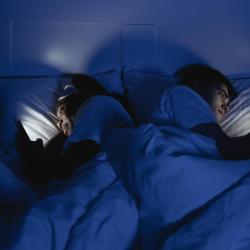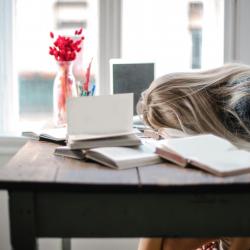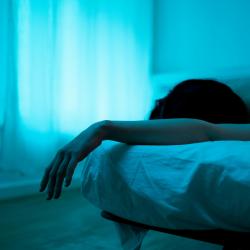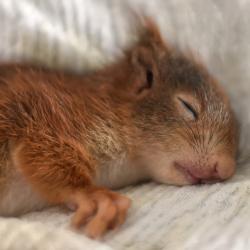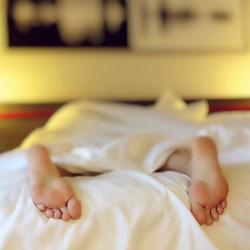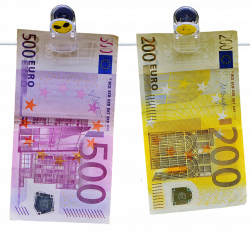The Effects of Caffeine on Your Sleep and How to Cut Back
Caffeine, a natural stimulant most commonly found in coffee, tea, soda, and energy drinks, is a part of daily life for millions around the globe. Its ability to boost alertness and stave off the afternoon slump makes it a go-to choice for many. However, understanding caffeine's impact on sleep and how to manage its consumption is crucial for maintaining a healthy sleep cycle and optimizing overall well-being.
How Caffeine Affects Sleep
-
Delay in Sleep Onset:
Caffeine works primarily by blocking the action of adenosine, a brain chemical involved in promoting sleep. By inhibiting adenosine, caffeine temporarily wards off drowsiness. Consuming caffeine even six hours before bedtime can reduce total sleep time by over an hour and make it significantly harder to fall asleep. -
Interference with Sleep Stages:
Once you manage to drift off, caffeine continues to interfere with sleep architecture. It reduces the amount of restorative deep sleep and can decrease the total amount of rapid eye movement (REM) sleep, the stage associated with dreaming and cognitive functions. This disruption may leave individuals feeling unrested, even after a full night's sleep. -
Increased Frequency of Nighttime Awakenings:
Regular caffeine consumption, particularly in the afternoon or evening, is associated with more frequent awakenings during the night. This fragmentation prevents the body from cycling smoothly through the sleep stages and can accumulate sleep debt over time. -
Cumulative Effects:
Caffeine's half-life, the time it takes for the body to eliminate half of the caffeine, averages around five hours but can range from three to seven hours depending on individual sensitivity, metabolism, and other factors. This means that caffeine can remain in the system for an entire day, potentially disrupting sleep long after consumption.
How to Cut Back on Caffeine
For those looking to improve their sleep, cutting back on caffeine is a prudent step. Here are several strategies to consider:
-
Assess Current Intake:
First, evaluate how much caffeine you are currently consuming. Don't forget to include less obvious sources like chocolate, certain medications, and herbal supplements. -
Gradual Reduction:
Abruptly stopping caffeine can lead to withdrawal symptoms such as headaches, irritability, and fatigue. Instead, gradually reduce your intake by replacing one caffeinated drink per day with a non-caffeinated alternative, such as herbal tea or decaf coffee. -
Watch the Clock:
Limit caffeine consumption to the morning hours. Set a "caffeine curfew" in the early afternoon to prevent it from affecting nighttime sleep. The common recommendation is to avoid caffeine after 2 p.m. -
Choose Alternatives:
Find drinks and activities that can serve as substitutes for the mid-afternoon slump. Incorporating a short walk, drinking water, or trying breathing exercises can provide a natural energy boost without caffeine. -
Prioritize Sleep Hygiene:
Improving overall sleep hygiene can mitigate the impact of any residual caffeine. Establish a consistent sleep-wake schedule, create a calming pre-bedtime routine, and make your sleeping environment conducive to rest. -
Monitor Progress:
Keep a sleep journal to track how changes in caffeine consumption affect your sleep quality and energy levels. This ongoing self-assessment can help identify patterns and further refine your approach.
Caffeine, when managed carefully, can coexist with healthy sleep habits. By understanding its impacts and taking steps to moderate use, individuals can enjoy the benefits of both enhanced alertness from caffeine and rejuvenating, quality sleep. Balancing these two can lead to better health, productivity, and overall well-being.

